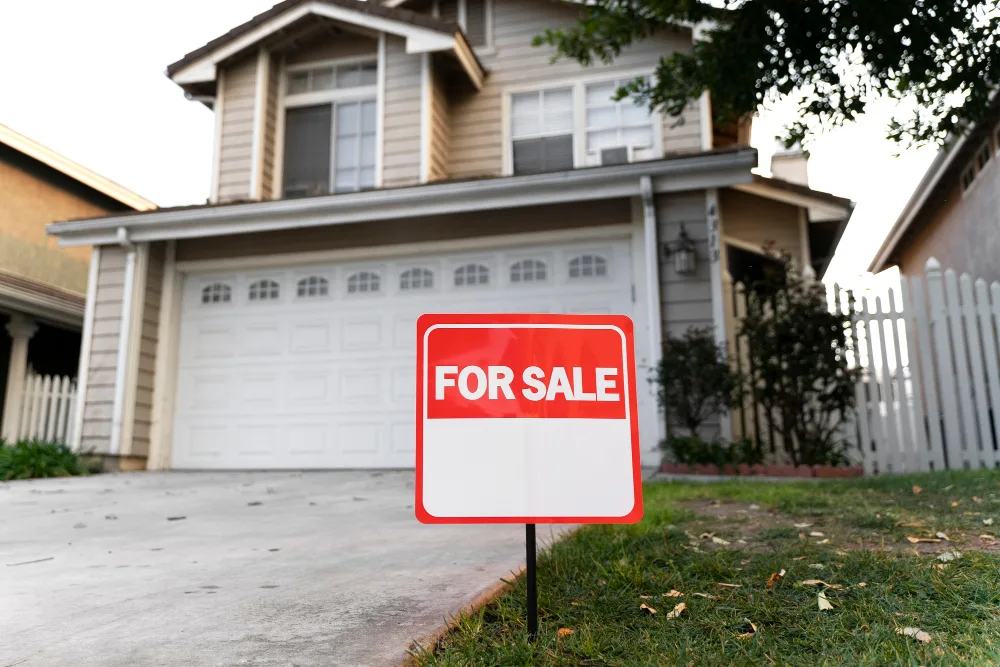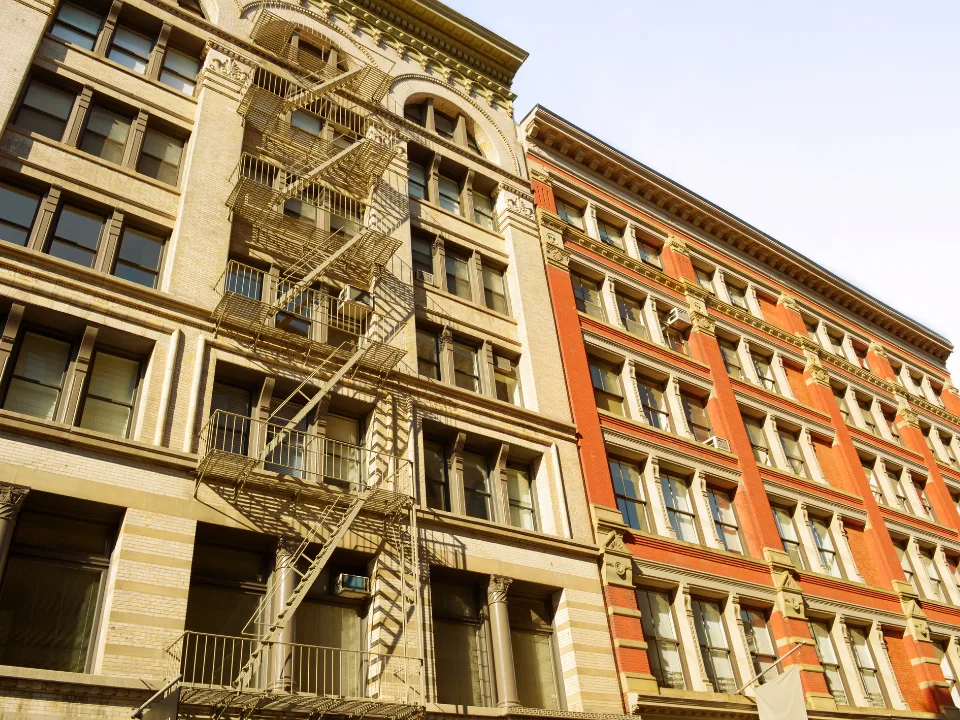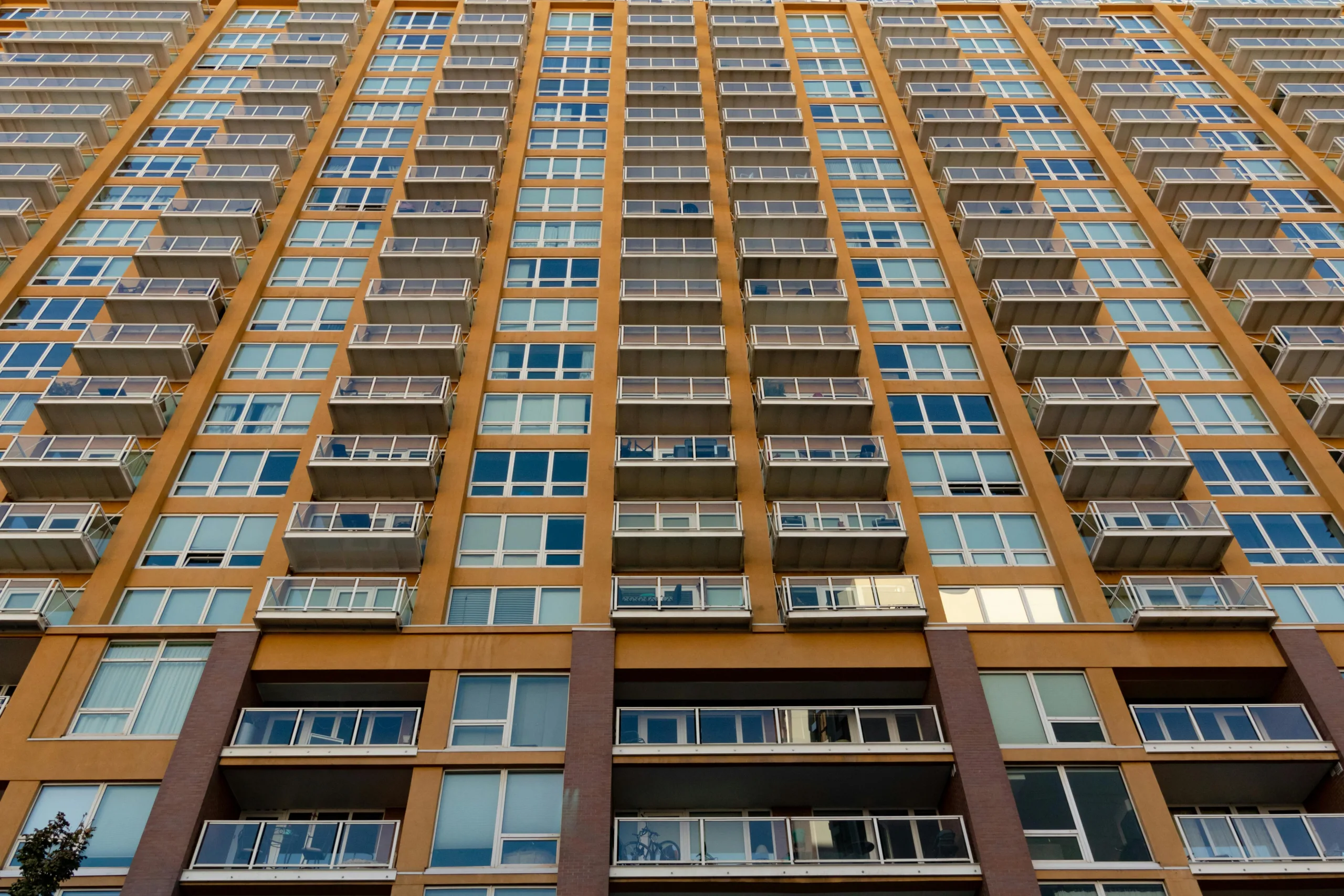- The FARE Act, effective June 11, bans landlords from passing broker fees to tenants, easing upfront rental costs in NYC.
- Rent increases tied to broker fee elimination are unlikely due to nearly 50% of NYC apartments being rent-stabilized.
- A severe housing shortage persists, with over 500K new units needed to meet demand, according to McKinsey.
- Zoning reforms and office-to-residential conversions aim to boost supply, but affordability concerns remain.
Relief For Renters—At Least Upfront
The FARE Act will officially ban landlords from passing broker fees onto tenants starting June 11, a shift expected to reduce thousands in upfront moving costs, reports GlobeSt. That said, the rental market hasn’t yet surged as it typically does in June, according to Allia Mohamed, CEO of rental marketplace openigloo. Renters appear to be waiting on the sidelines for the rule to take effect.
Not A Rent Hike Trigger
Concerns that landlords might quietly roll broker fees into monthly rent are likely overstated. “Almost 50% of the housing market in New York City is rent stabilized,” said Mohamed. That means around one million units are already subject to strict legal caps, limiting landlords’ ability to pass on additional costs.
Get Smarter about what matters in CRE
Stay ahead of trends in commercial real estate with CRE Daily – the free newsletter delivering everything you need to start your day in just 5-minutes
Supply—Or Lack Of It—Is The Real Challenge
While fee elimination is a financial win for renters, Mohamed points to a deeper structural issue: a chronic shortage of housing. A McKinsey study from 2024 estimates that NYC needs 540K new units to meet demand. “Any type of legislation that makes it easier to build housing in New York City is going to help,” she said.
Zoning Reform And Creative Conversions
Efforts like the City of Yes initiative aim to fix the imbalance by modernizing zoning codes and encouraging new residential development. One major push: converting unused office space. Projects like 5 Times Square and Pfizer’s old HQ will add thousands of units, including some designated as affordable housing.
Still, affordability remains a sticking point. Mohamed says $2K studio apartments remain out of reach for many renters and don’t adequately address NYC’s affordability crisis. Over 58% of city residents are considered rent-burdened, according to recent Moody’s data.
Political Implications Ahead
With a pivotal Democratic mayoral primary approaching, housing policy is front and center. Zohran Mamdani supports rent freezes, while Andrew Cuomo opposes them—highlighting stark differences in approach. The next mayor will influence the Rent Guidelines Board, which could approve increases of up to 7.75% this month.
Recent shifts like the FARE Act signal growing political momentum around renter protections, adding urgency to the broader debate on affordability and supply.
Mohamed says rent freezes may provide short-term relief but won’t fix long-term supply issues. She suggests solutions like tax breaks or reimbursement programs to spur development while easing the burden on renters.
What’s Next
The FARE Act is one step toward rebalancing New York’s lopsided rental market, but long-term solutions will hinge on sustained policy reform and cooperation between city officials, developers, and renters alike.


















